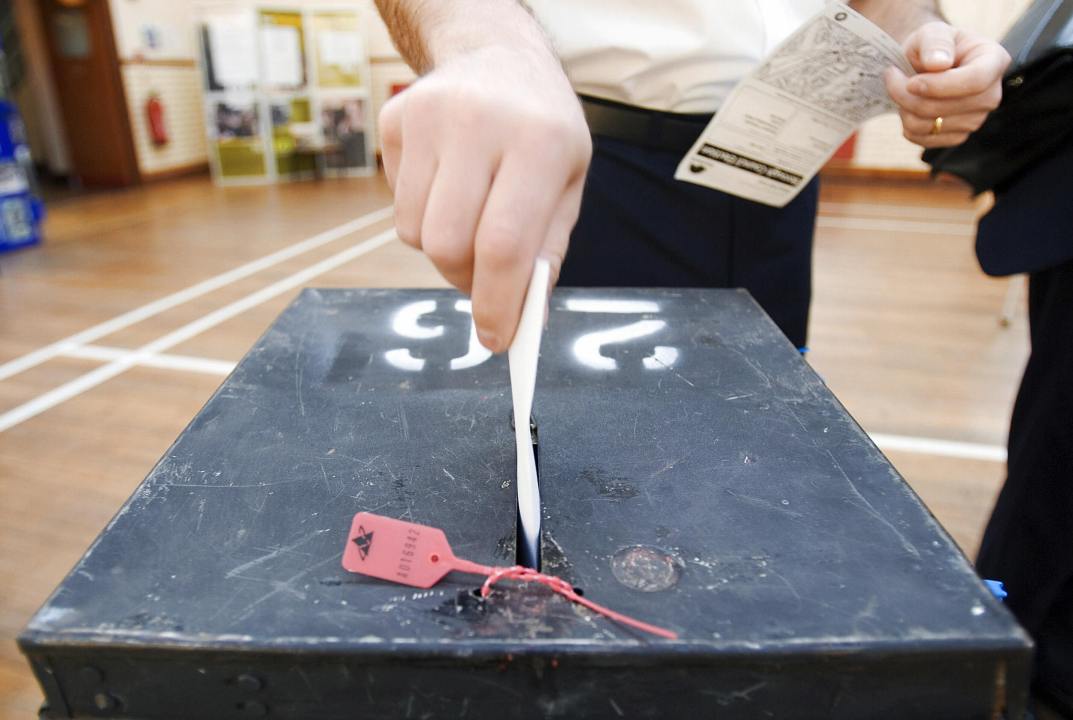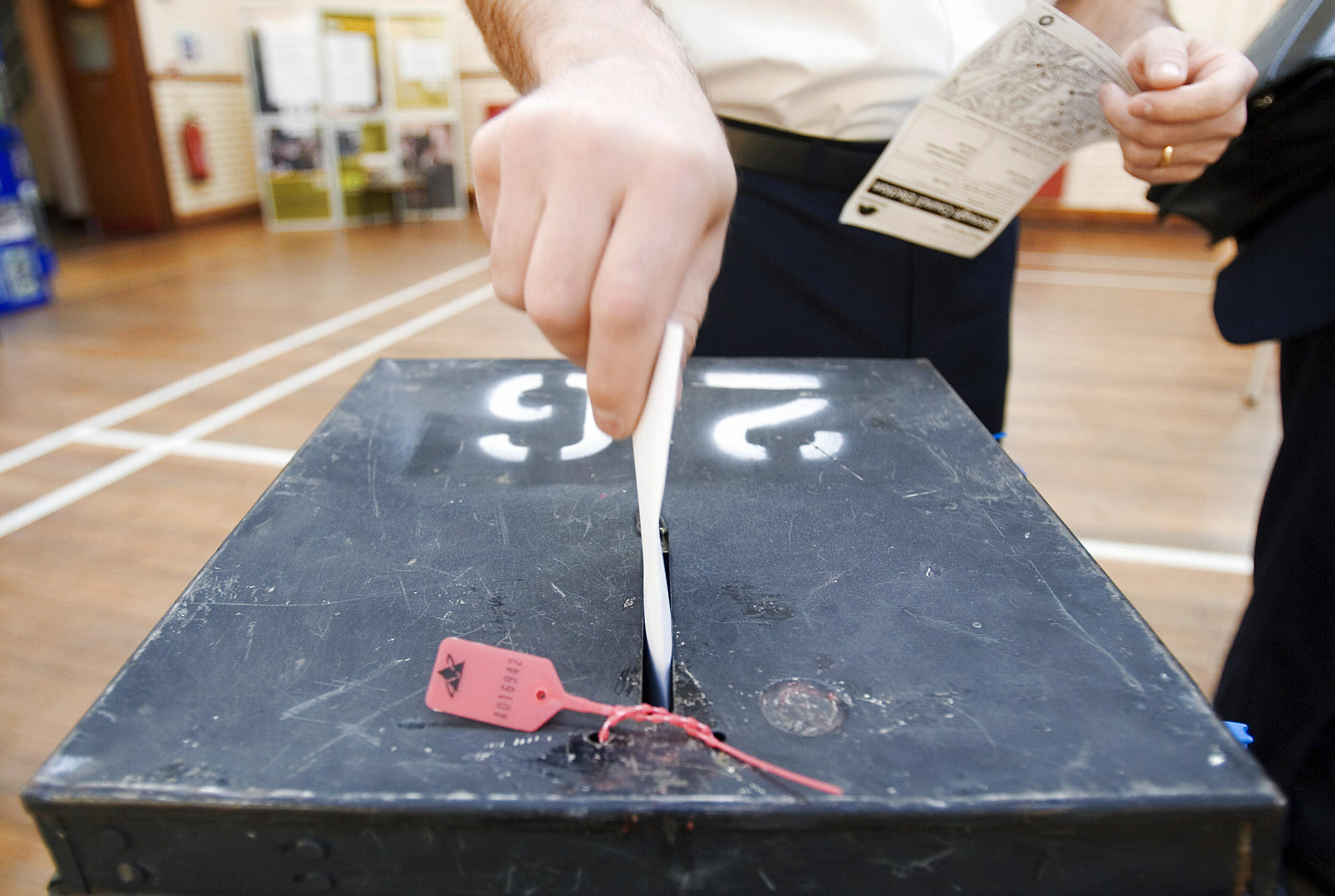 Amazingly, the forces of conservatism derided by Tony Blair, are in the ascendant, their
enemies scattering and in retreat. Bin Laden is dead, the oil price tumbling, the Royal Wedding was a triumph and now Labour and the Lib Dems beaten at the ballot box. Surely, we tell ourselves,
this is an alignment of the stars, a Conservative moment. David Cameron must seize the day, or at least the year, by abandoning the Coalition and calling a general election soon. Landslide, here we
go!
Amazingly, the forces of conservatism derided by Tony Blair, are in the ascendant, their
enemies scattering and in retreat. Bin Laden is dead, the oil price tumbling, the Royal Wedding was a triumph and now Labour and the Lib Dems beaten at the ballot box. Surely, we tell ourselves,
this is an alignment of the stars, a Conservative moment. David Cameron must seize the day, or at least the year, by abandoning the Coalition and calling a general election soon. Landslide, here we
go!
Hold your horses. Britain’s electoral machinery is off the road, its parts all over the workshop floor. Thanks to the constitutional tinkering of the Coalition, the procedural and practical obstacles to holding a general election in the next four years are substantial and rising. Indeed, before long, if Clegg & co have their way, it could actually be illegal.
To understand why, go along to the House of Lords on Tuesday, May 10th, where business will be dominated by an abominable piece of legislation called the Fixed Term Parliament Bill. It is at Report Stage, which means the Lords will be considering amendments. Top of the list, I imagine, will be changing the second sentence, which reads: “The polling day for the next parliamentary general election after the passing of this Act is to be 7 May 2015”.
Although, the country is not ready for another election just yet, the local elections and referendum both go to show that holding one in the next year or two could be reasonable. Labour certainly thinks so, and the shadow cabinet is reportedly on standby. Why should we have to wait, by law, until 2015? And why, in future, should we always be forced to make do with any Government, however bad or unpopular, for five years? The answer is that this is a commitment in the Coalition Agreement, which now looks terribly out of date.
I suspect that these thoughts will be uppermost in the minds of Parliamentarians of all parties in the weeks ahead, and when the amended Bill returns to the Commons there will be an almighty row. If it was intended to prolong the life of the Coalition, the Fixed Term Parliament Bill could soon become the disease for which it was supposed to be the cure.
Tories – instinctively against this measure at the best of times – will think, “Hang on, why do we need to hitch our wagon to the Lib Dems for another four years?”. Lib Dems will think: “We are being used, we would be better off getting out of this Coalition as soon as possible.” And Labour will think: “Ah good, an opportunity to cause trouble. And we don’t like this constitutional outrage either.”
That is not all. The Parliamentary Voting System and Constituencies Act, which reduces the number of seats in the Commons from 650 to 600, and redistributes them towards the growing populations of the south, has already received Royal Assent but has yet to be implemented. The Boundary Commission, which will merge and redraw constituencies, is not due to report until September 2013. And when it does, the scope for disputes and judicial reviews of its findings are, well, boundless. Even when the new constituencies are settled, nearly all MPs will have to be reselected and local party machinery redesigned.
In practice, that means that the next election, even if it could take place before 2015, would likely be fought using the old seats, giving an inbuilt Labour bias of some 10-20. So any election result would feel even more unsatisfactory than the last one. That said, politics must go on and many MPs of all parties will believe – rightly – that an imperfect election would be better than keeping the Coalition artificially alive. The words “dog” and “breakfast” come to mind.







Comments